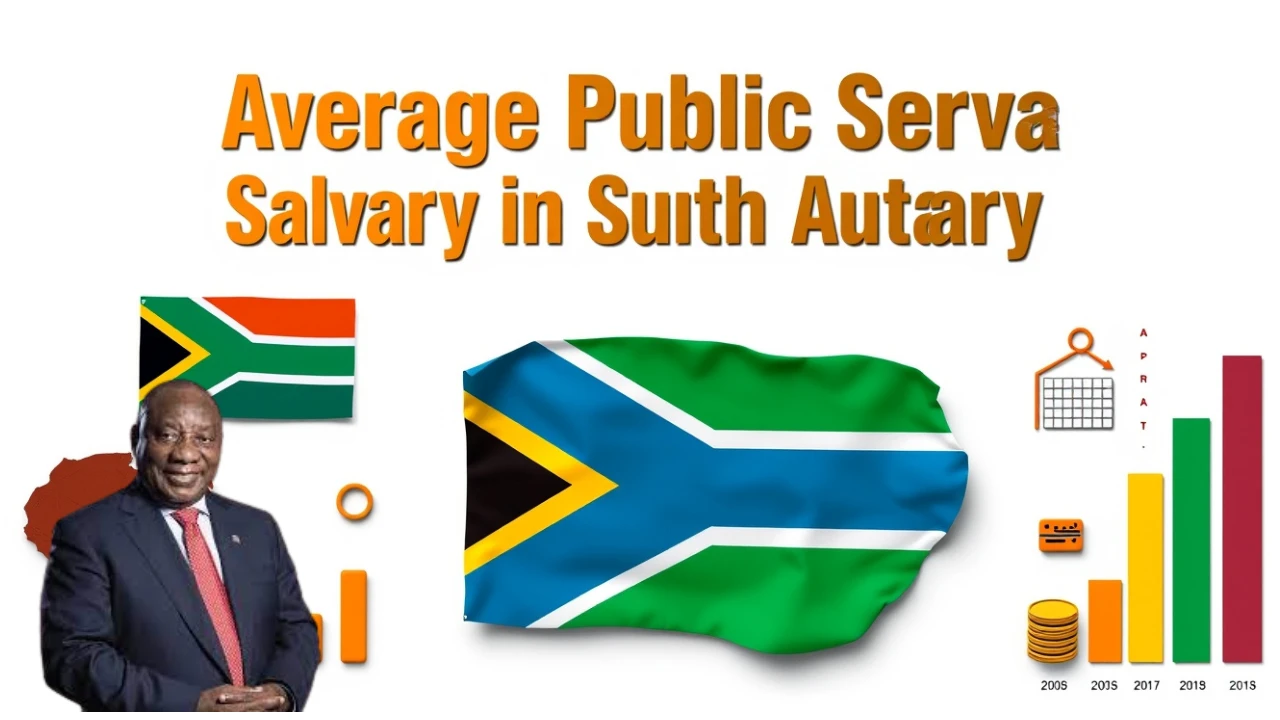The average annual salary for public servants in South Africa has risen to R457,209 in 2024, reflecting ongoing growth in government compensation. This is equivalent to roughly R38,100 per month. While public sector positions are often associated with job stability, comprehensive benefits, and consistent salary increments, they also come with challenges such as budgetary constraints and demanding workloads. However, for those seeking a career that offers both stability and an opportunity to contribute to society, public sector roles continue to be a viable and attractive option due to their growth prospects, fair pay, and strong benefit packages.
A Deep Dive into Public Servant Salaries in South Africa
Understanding public servant salaries is crucial for anyone contemplating a career in government or working in related fields in South Africa. Public servants are essential to the functioning of services like healthcare, education, and social welfare. This article offers an overview of salary trends for public servants in South Africa, providing historical context, future projections, comparisons to the private sector, and advice for those interested in pursuing a career in public service.
Current Salary Overview
As of 2024, the average salary for public servants stands at approximately R457,209 annually, or R38,100 per month. Salaries vary widely depending on role and experience, from entry-level positions to senior government officials. Public sector jobs span multiple sectors, including education, healthcare, administration, and security, each with its own set of responsibilities and compensation structures.
Salary Breakdown by Position
Public servant salaries are categorized by job levels. Here’s a snapshot of the salary range:
- Entry-Level (Level 1): R103,562 annually
- Mid-Level (Level 6): R281,418 annually
- Senior-Level (Level 12 and above): Salaries can exceed R1 million annually, especially for executive roles.
Comparing Public and Private Sector Salaries
While certain private sector jobs may offer higher base salaries, public sector roles tend to provide greater job security, pension plans, and other benefits. In fields like education and healthcare, where public and private salaries are more comparable, public sector jobs offer more stability and benefits. For example, teachers, nurses, and social workers may earn similar wages in both sectors but enjoy the added advantage of job security and pension plans in the public sector. Similarly, administrative and security roles often come with better pension benefits in government positions.
Historical Trends in Public Servant Salaries
Between 2006 and 2018, government spending on public servant salaries increased substantially—from R154 billion to R518 billion. This growth was driven by salary adjustments aimed at keeping up with inflation and improving employee compensation. However, the rapid growth led to fiscal strain, prompting the government to adopt more cautious salary increase strategies in recent years.
Recent and Proposed Salary Increases
In recent years, salary adjustments have become more conservative:
- 2023/24 Fiscal Year: Public servants received a 7.5% increase effective from April 2023.
- 2024/25 Fiscal Year: A proposed 4.7% increase is expected in April 2024.
Benefits for Public Servants
In addition to salaries, public servants in South Africa enjoy various benefits, including:



